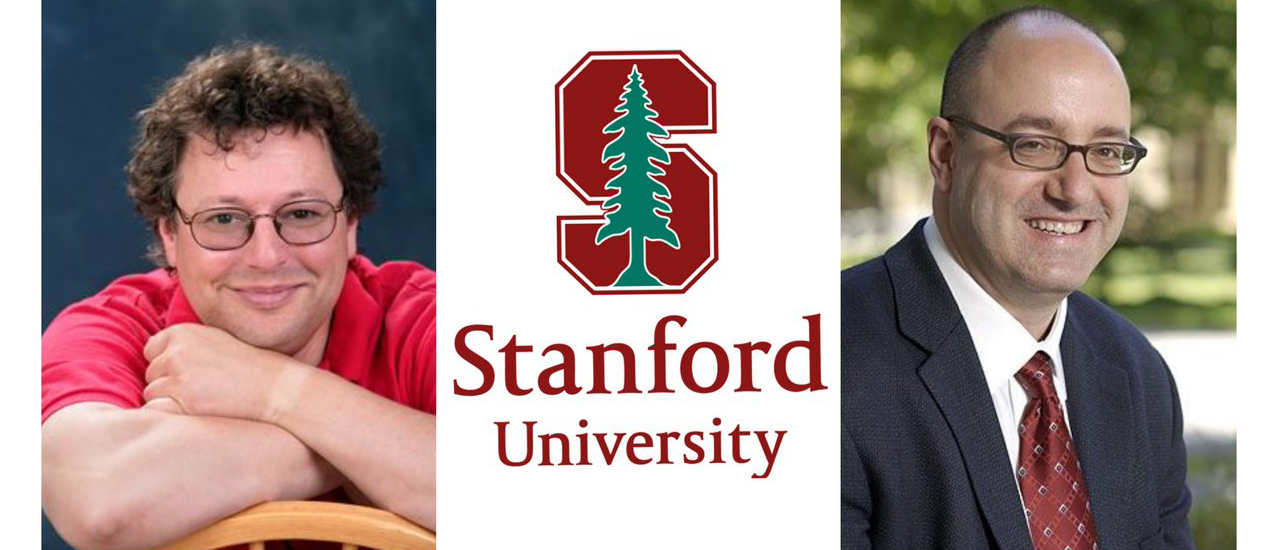Stanford Alumni Revealed as Co-Signers of FTX Co-Founder’s $250M Bond

According to the latest court documents in the fraud case involving former FTX CEO Sam Bankman-Fried in Manhattan, the New York judge presiding over the case unsealed the co-signers of Bankman-Fried’s bond on Wednesday. The names of the two bail bond co-signers that were previously redacted from court documents are Stanford University alumni Larry Kramer and Andreas Paepcke.
Details Emerge on SBF’s Bail Bond Co-Signers
Sam Bankman-Fried (SBF), co-founder of FTX, faces eight counts of financial misconduct for allegedly mishandling customer funds. He is currently out on bail and is being monitored by an ankle bracelet, with his trial scheduled for Oct. 3, 2023. SBF’s $250 million bond agreement was secured by his parents’ Stanford faculty home, and two co-signers backed the agreement. However, their names were previously unknown because lawyers argued that they should remain redacted for privacy reasons.
 The two co-signers of SBF’s $250M bail bond were both members of Stanford University. Co-signer Andreas Paepcke is pictured on the left and co-signer Larry Kramer is pictured on the right.
The two co-signers of SBF’s $250M bail bond were both members of Stanford University. Co-signer Andreas Paepcke is pictured on the left and co-signer Larry Kramer is pictured on the right.
On Wednesday, the New York judge unsealed the previously redacted names of the two co-signers, revealing that they were prominent members of Stanford University. One co-signer was Larry Kramer, a former dean of Stanford Law School from 2005 to 2012. The other co-signer was Andreas Paepcke, a senior research scientist in computer science at Stanford University. Kramer is the president of the left-leaning Hewlett Foundation, which aims to bolster ‘effective philanthropy.’ He has described SBF’s parents as “the truest of friends.” In a statement sent to multiple media publications, Kramer said:
Joe Bankman and Barbara Fried have been close friends of my wife and I since the mid-1990s. During the past two years, while my family faced a harrowing battle with cancer, they have been the truest of friends — bringing food, providing moral support, and frequently stepping in at moment’s notice to help. In turn, we have sought to support them as they face their own crisis.
According to reports, several news outlets have attempted to get a comment from computer science researcher Andreas Paepcke, but he has not responded to requests. According to his bio, Paepcke is interested in ‘interfaces and systems’ and leverages ‘data analytics to create tools that benefit these online efforts.’ Some people on Twitter also commented on the resemblance between SBF and Paepcke. SBF told journalist Tiffany Fong that neither of the bond guarantors “received payments from FTX or Alameda.”
What are your thoughts on the revelation of the co-signers’ identities in Sam Bankman-Fried’s bail agreement? Share your thoughts in the comments below.
Image Credits: Shutterstock, Pixabay, Wiki Commons
Disclaimer: This article is for informational purposes only. It is not a direct offer or solicitation of an offer to buy or sell, or a recommendation or endorsement of any products, services, or companies. Bitcoin.com does not provide investment, tax, legal, or accounting advice. Neither the company nor the author is responsible, directly or indirectly, for any damage or loss caused or alleged to be caused by or in connection with the use of or reliance on any content, goods or services mentioned in this article.
Read disclaimer
Comments are closed.